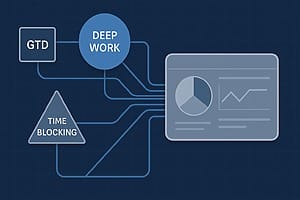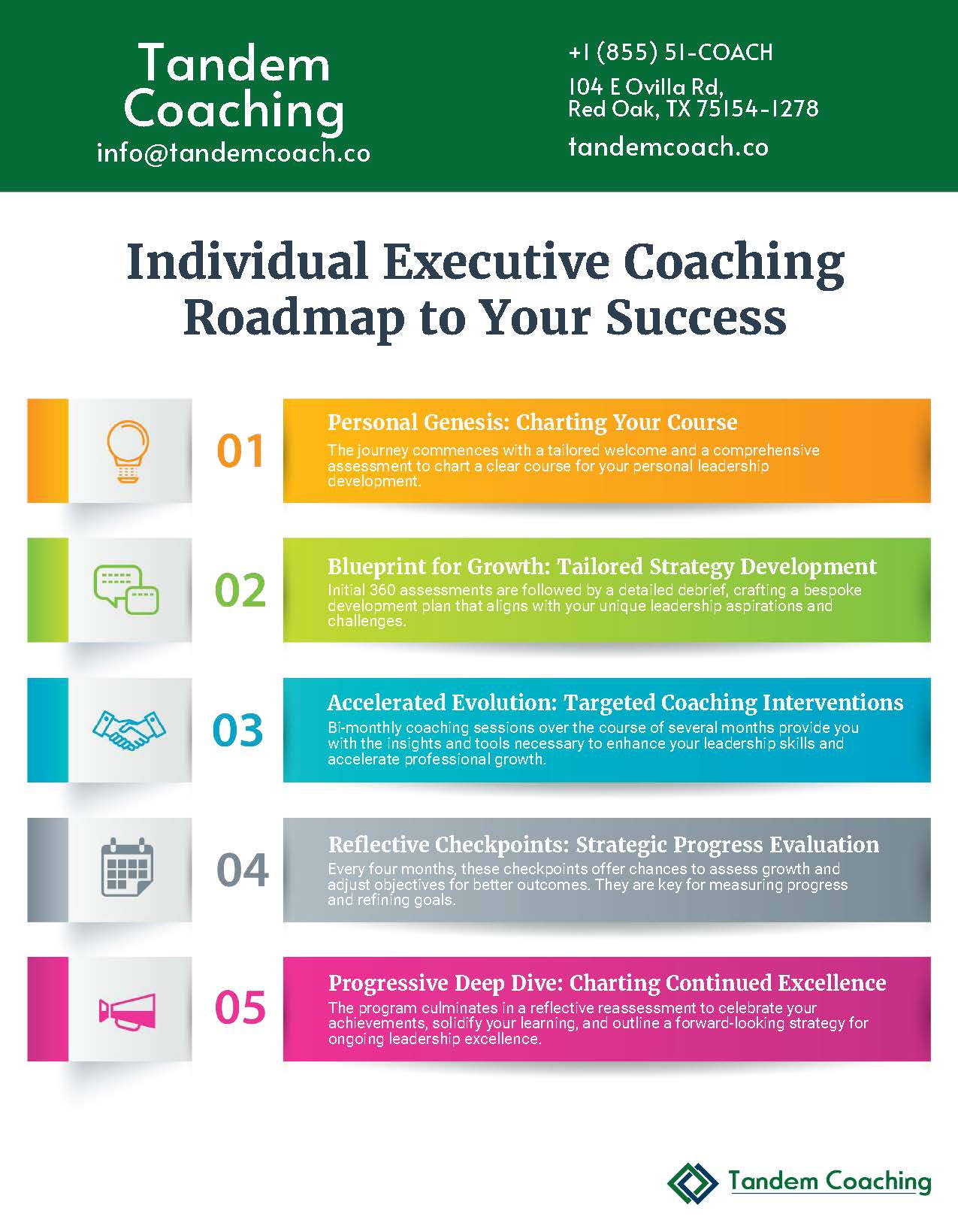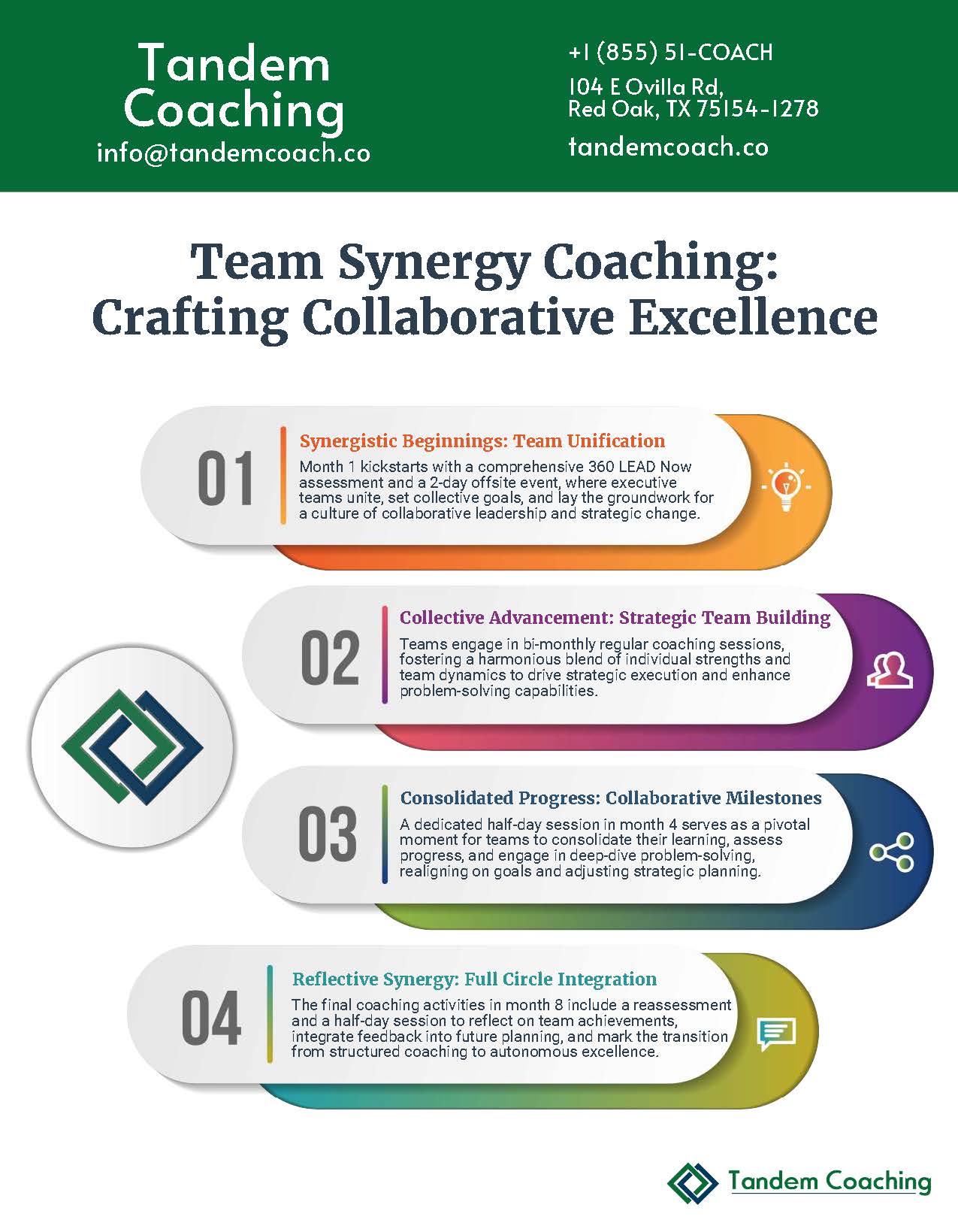TL;DR Executive Summary: In 2025, successful tech leaders will prioritize human connection, continuous learning, and adaptability. This article explores emerging leadership development trends specific to the tech industry and offers actionable strategies for leveraging these insights effectively.
Navigating the Future of Leadership in Technology
With rapid advancements in AI, evolving workplace dynamics, and relentless innovation, tech executives face a pressing challenge: How can we cultivate leaders equipped to thrive amidst constant change? The stakes are high—companies that fail to adapt risk falling behind in innovation, competitive edge, and employee retention. Here, we explore strategic insights into the future of leadership, specifically tailored for tech companies.
1. Human-Centric Leadership in an AI World
Contrary to popular belief, the proliferation of artificial intelligence underscores rather than diminishes the importance of human-centric leadership. According to DDI’s Global Leadership Forecast 2025, even as tech reliance grows, emotional intelligence, empathy, and genuine human connection remain essential. Leaders who excel in these areas foster more resilient, innovative, and collaborative teams.
Action Steps:
• Implement emotional intelligence training for managers and senior leaders.
• Encourage mentorship programs emphasizing empathy and communication.
• Integrate coaching models, such as those offered by Tandem Coaching, to support emotional skill development.
2. Leadership Development as a Transformation Driver
Harvard Business Publishing’s 2024 Leadership Development Study highlights that broadening leaders’ skill sets and challenging traditional paradigms are critical for navigating digital transformation. Leaders must now handle paradoxes—such as balancing innovation with stability and speed with quality.
Tech companies, in particular, benefit from encouraging a culture of continuous learning and adaptability, preparing leaders to pivot rapidly and effectively.
Action Steps:
• Offer regular scenario-based training exercises that address digital transformation challenges.
• Foster a culture where experimentation and intelligent risk-taking are rewarded.
• Leverage executive coaching programs that provide personalized guidance aligned with strategic goals.
3. Preparing Leaders for Hybrid Work Dynamics
The shift toward remote and hybrid workplaces is permanent, reshaping leadership expectations. Deloitte’s Human Capital Trends 2025 underscores the importance of trust and connectivity for distributed teams. Tech leaders must master virtual team management, ensuring clear communication, fostering trust, and maintaining team cohesion across digital platforms.
Action Steps:
• Provide specific training focused on virtual leadership skills.
• Establish clear communication guidelines and regular check-ins to build trust remotely.
• Utilize tools and platforms that enhance collaboration and visibility, supplemented by coaching interventions to address remote management challenges.
Case Study: Transforming Technical Talent into Tech Leaders
A leading fintech startup recognized that its talented engineers lacked the essential soft skills required for leadership roles. Implementing regular coaching sessions, along with peer learning workshops (an approach championed by Tandem Coaching), significantly enhanced managerial capabilities. The company observed improved team morale, retention, and overall productivity. This example illustrates how targeted, strategic leadership development investments translate into tangible business success.
“Leadership isn’t about knowing technology; it’s about knowing your people.”
Conclusion: Strategic Leadership Investment is Critical
In the rapidly evolving tech industry, investing strategically in leadership development is not optional—it’s mission-critical. By emphasizing human connection, adaptive skill-building, and effective remote leadership, organizations position themselves for long-term success.
Forward-thinking companies are proactively addressing these trends. If you’re seeking to stay competitive, partnering with experienced leadership development experts like Tandem Coaching can transform these insights into actionable results.
Key Takeaways:
• Human connection remains crucial despite technological advances.
• Leadership training must be agile, adapting rapidly to digital transformations.
• Effective hybrid leadership relies heavily on trust, clear communication, and coaching support.
• Customized leadership programs yield significant ROI and enhance competitive advantage.
Learn more: Explore Tandem Coaching’s executive development services and ensure your leaders are future-ready.


















